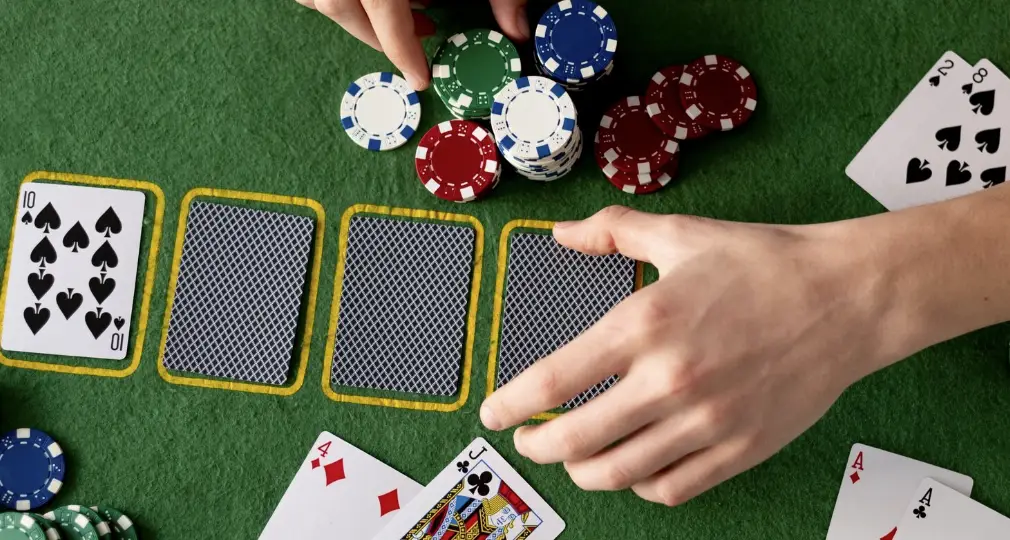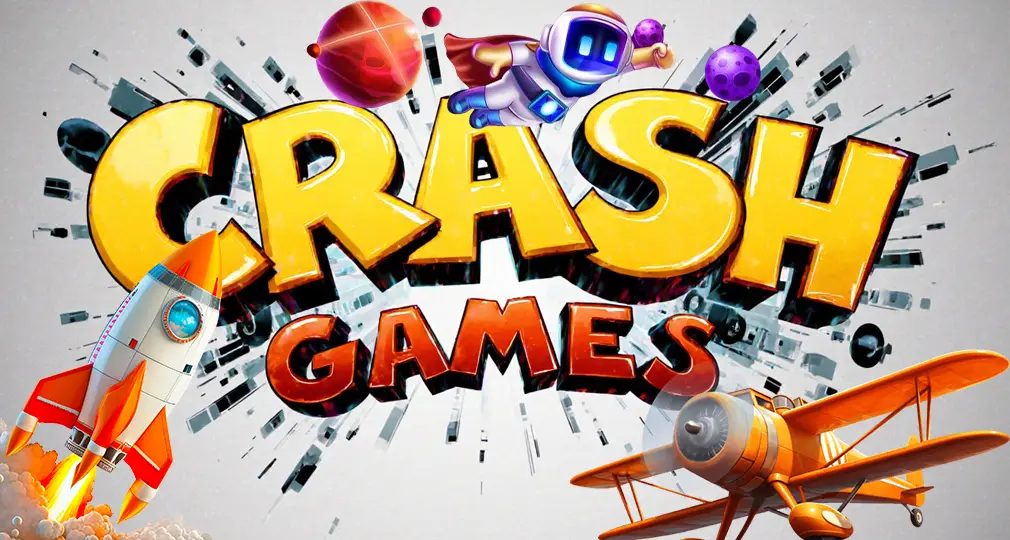Poker has been played for centuries, and its popularity continues to grow. Unlike many other casino games, poker is not solely based on luck; it demands sharp thinking, strategic planning, and psychological insight. The skills honed at the poker table extend far beyond the game itself, proving valuable in various aspects of life.
Poker Enhances Analytical Thinking
Mastering poker requires strong analytical abilities. Players must assess situations quickly, calculate probabilities, and predict opponents’ moves. Every decision at the table is based on logic, risk assessment, and pattern recognition. Developing these skills through poker can improve problem-solving abilities, which are applicable to fields such as business, finance, and technology.
How to Develop Analytical Skills in Poker
- Learn from Experts: Observing skilled players and analyzing their strategies can significantly improve understanding and execution.
- Review Mistakes: Instead of seeing losses as failures, players should use them as learning opportunities to refine their strategies.
- Record and Analyze Gameplay: Reviewing gameplay footage helps identify strengths, weaknesses, and areas for improvement.
The Role of Patience in Poker
Successful poker players understand that patience is crucial. Knowing when to enter a hand and when to fold is an essential skill that comes with experience. Developing patience through poker can benefit individuals in various life situations, from making investment decisions to handling professional negotiations.
Poker Improves Discipline
Discipline is as important as patience in poker. Winning consistently requires controlled decision-making, proper bankroll management, and the ability to resist impulsive actions. Many professional players experience highs and lows, but disciplined players maintain steady progress by managing their risks effectively.
Emotional Control and Decision-Making
Poker trains players to detach from emotions and rely on logic. While beginners often make impulsive decisions based on gut feelings, experienced players use intuition backed by analytical thinking. This skill is useful in high-pressure environments where logical reasoning must outweigh emotional responses.
Developing Intuition Through Poker
Intuition in poker is not just guesswork; it is the result of accumulated experience and subconscious pattern recognition. Cognitive research suggests that repeated exposure to similar situations strengthens neural connections, allowing experienced players to make instinctive yet calculated decisions.
Poker Enhances Decision-Making Speed and Adaptability
Adaptability is a vital skill in poker, as players must adjust their strategies based on changing game dynamics. This ability translates well to real-life situations where quick thinking and flexibility are essential, such as crisis management, leadership, and strategic planning.
Managing Stress and Handling Losses
Poker teaches resilience in the face of setbacks. Players learn to accept losses as part of the game and focus on long-term success rather than short-term results. This mindset is beneficial in both professional and personal life, where setbacks are inevitable but growth comes from perseverance.
Conclusion
Poker is much more than a game; it is a mental exercise that sharpens critical thinking, emotional control, and decision-making skills. Whether for entertainment or skill development, engaging in poker can offer cognitive benefits that extend beyond the table, enhancing one’s ability to analyze, strategize, and navigate challenges in everyday life.
Read more: Velobet













